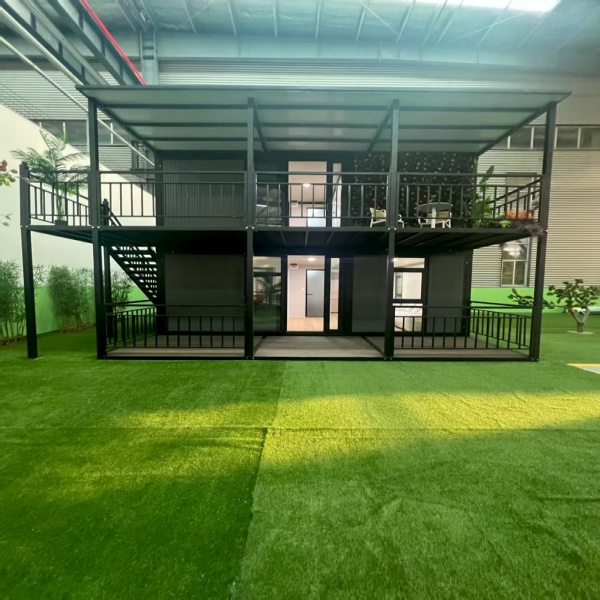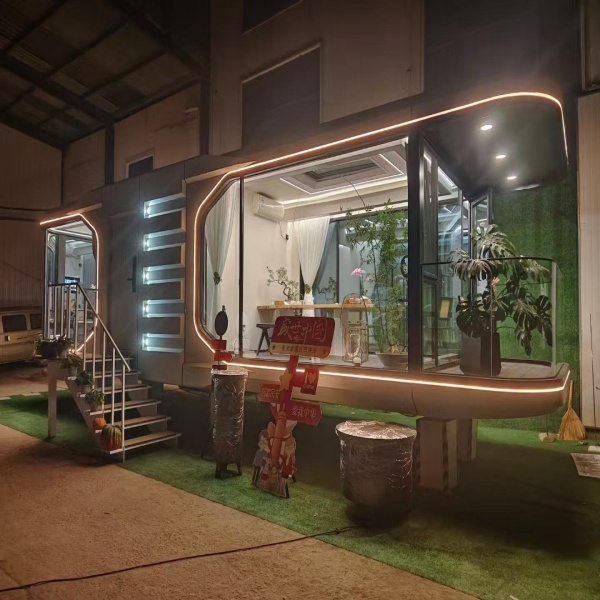-
E-mail
Austin120521@outlook.com -
E-mail
sales@jujiuhouse.com -
Telephone
+86-17864099991 -
Telephone
+86-17854044442
- Chinese
- French
- German
- Portuguese
- Spanish
- Russian
- Japanese
- Korean
- Arabic
- Irish
- Greek
- Turkish
- Italian
- Danish
- Romanian
- Indonesian
- Czech
- Afrikaans
- Swedish
- Polish
- Basque
- Catalan
- Esperanto
- Hindi
- Lao
- Albanian
- Amharic
- Armenian
- Azerbaijani
- Belarusian
- Bengali
- Bosnian
- Bulgarian
- Cebuano
- Chichewa
- Corsican
- Croatian
- Dutch
- Estonian
- Filipino
- Finnish
- Frisian
- Galician
- Georgian
- Gujarati
- Haitian
- Hausa
- Hawaiian
- Hebrew
- Hmong
- Hungarian
- Icelandic
- Igbo
- Javanese
- Kannada
- Kazakh
- Khmer
- Kurdish
- Kyrgyz
- Latin
- Latvian
- Lithuanian
- Luxembou..
- Macedonian
- Malagasy
- Malay
- Malayalam
- Maltese
- Maori
- Marathi
- Mongolian
- Burmese
- Nepali
- Norwegian
- Pashto
- Persian
- Punjabi
- Serbian
- Sesotho
- Sinhala
- Slovak
- Slovenian
- Somali
- Samoan
- Scots Gaelic
- Shona
- Sindhi
- Sundanese
- Swahili
- Tajik
- Tamil
- Telugu
- Thai
- Ukrainian
- Urdu
- Uzbek
- Vietnamese
- Welsh
- Xhosa
- Yiddish
- Yoruba
- Zulu
- Kinyarwanda
- Tatar
- Oriya
- Turkmen
- Uyghur

Buy prefabricated home folding container house
Exploring the World of Prefabricated Folding Container Homes
Prefabricated homes, particularly folding container houses, have been attracting increasing attention. They promise affordability and flexibility, yet many hesitate, uncertain of their practicality. Let's delve into their real-world application and potential pitfalls, guided by insights from the growing industry.
The Allure of Flexibility and Cost
The primary charm of a prefabricated home is its flexibility and cost-effectiveness. Unlike traditional structures, these homes can be transported and assembled with minimal hassle. Shandong Jujiu Integrated Housing Co., Ltd., for instance, provides a range of solutions in this space. Based in China, their offerings include movable board rooms and light steel villas, showcasing the versatility of prefab designs.
The folding container model takes this convenience a step further. Imagine receiving your home as a compact unit, expanding it like origami into a fully functional dwelling. This fast installation makes them appealing for temporary housing needs or remote locations.
Yet, it's crucial to consider the overall investment. While initial costs may seem lower, transportation and site preparation can edge up expenses. Buyers must weigh these factors against potential savings and the unique value proposition of having a home that can theoretically go anywhere.
Understanding Durability and Design
A significant concern for potential buyers is durability. Folding container homes are designed for structural integrity, often using high-grade steel. Companies like SHANDONG JUJIU INTEGRATED HOUSING CO,LTD prioritize these elements in their integrated housing solutions. Their focus on steel structure engineering is a testament to the emphasis on long-lasting quality.
Design also matters. The aesthetic appeal is not to be underestimated. Modern prefab homes can be incredibly stylish, leveraging clean lines and contemporary finishes. However, customization options might be limited compared to traditional builds, potentially posing a challenge for those with specific design preferences.
Reflecting on feedback from clients, one frequent observation is how quickly these homes can blend into their surroundings—adaptive architecture at its finest, yet still preserving uniqueness. Design, therefore, becomes an essential consideration early in the decision-making process.
Installation Insights and Common Hurdles
During installation, unforeseen hurdles can arise. Even with a reputable provider like Jujiu, some clients report issues related to site preparation and permitting. Some locales might have stringent regulations that complicate the deployment of portable structures, an aspect that should not be underestimated.
The importance of securing the right installer can't be overstated. Although prefab homes are designed for ease of assembly, the process demands precision. Misaligned sections or improper foundation work can lead to long-term issues—something that could easily be mitigated with the proper oversight.
Moreover, environmental factors play a role. The geographical and climatic conditions of your location might influence materials and insulation choices, impacting both comfort and cost over time. Engaging with knowledgeable suppliers can provide clarity on these adaptations.
Long-term Living and Sustainability
While initially embraced as a quick fix, many owners find their folding container homes have long-term viability. Energy efficiency is a significant advantage, with many units designed to accommodate solar panels and other sustainable technologies.
Residents often appreciate the minimalistic lifestyle that such homes encourage. With limited space, one becomes more selective about possessions, often leading to a more sustainable, clutter-free existence.
The conversation around sustainability also includes materials. Companies like Shandong Jujiu are instrumental in pioneering more eco-friendly construction processes, integrating recycled components where feasible, which resonates with modern eco-conscious consumers.
Potential and Future Developments
The potential for prefab homes, especially folding container models, is vast. They are part of a broader trend towards agile living solutions, adapting to the realities of urban congestion and land scarcity.
Innovations are continually emerging. Enhancements in insulation, solar integration, and off-grid capabilities are being actively developed, pointing towards an exciting future for these homes. Providers like Jujiu are at the forefront, constantly exploring new possibilities in design and functionality.
Ultimately, for those contemplating a folding container house, the key lies in thorough research and partnering with reputable companies. Visiting options like Jujiu's website can offer invaluable insights into what the market currently offers. The true test is aligning these innovations with personal needs and lifestyle goals.
Related products
Related products
Best selling products
Best selling products-
 A container house with a terrace and double-wing folding design, suitable for various purposes such as offices, meeting rooms, living rooms, etc.
A container house with a terrace and double-wing folding design, suitable for various purposes such as offices, meeting rooms, living rooms, etc. -
 Waterproof folding container house – mobile accommodation for campsites/scenic spots
Waterproof folding container house – mobile accommodation for campsites/scenic spots -
 Customized Expandable Container House Holiday Home Folding Prefab Container House with Bathroom and Kitchen
Customized Expandable Container House Holiday Home Folding Prefab Container House with Bathroom and Kitchen -
 Dual-Wing Folding Container House: Fast Assembly, Space-Saving & Multi-Scene Adaptable
Dual-Wing Folding Container House: Fast Assembly, Space-Saving & Multi-Scene Adaptable -
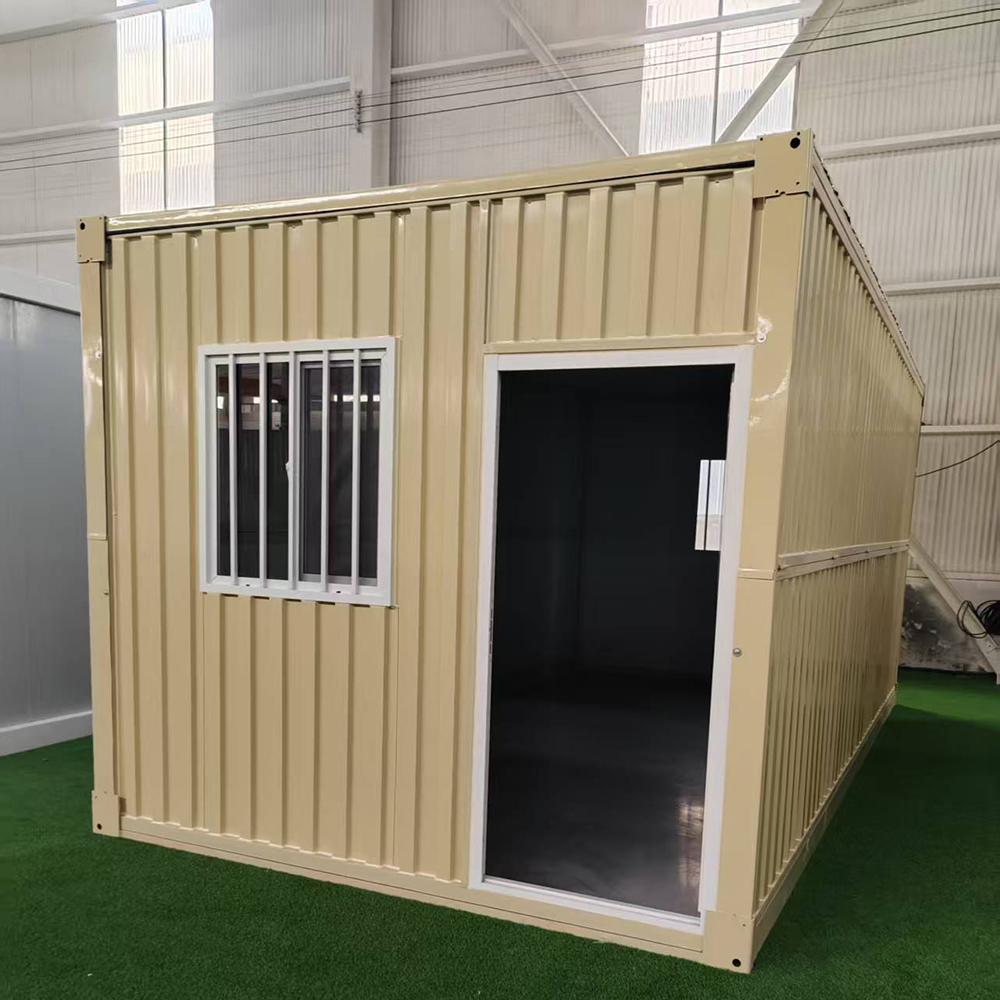 Competitive Price Portable Container House Foldable Container Mobile Living Modular Homes
Competitive Price Portable Container House Foldable Container Mobile Living Modular Homes -
 Hot-selling foldable container houses, expandable prefabricated houses, suitable for office or living use, with fast delivery.
Hot-selling foldable container houses, expandable prefabricated houses, suitable for office or living use, with fast delivery. -
 Factory Direct Sales Office Folding Container Luxury House Living Container House
Factory Direct Sales Office Folding Container Luxury House Living Container House -
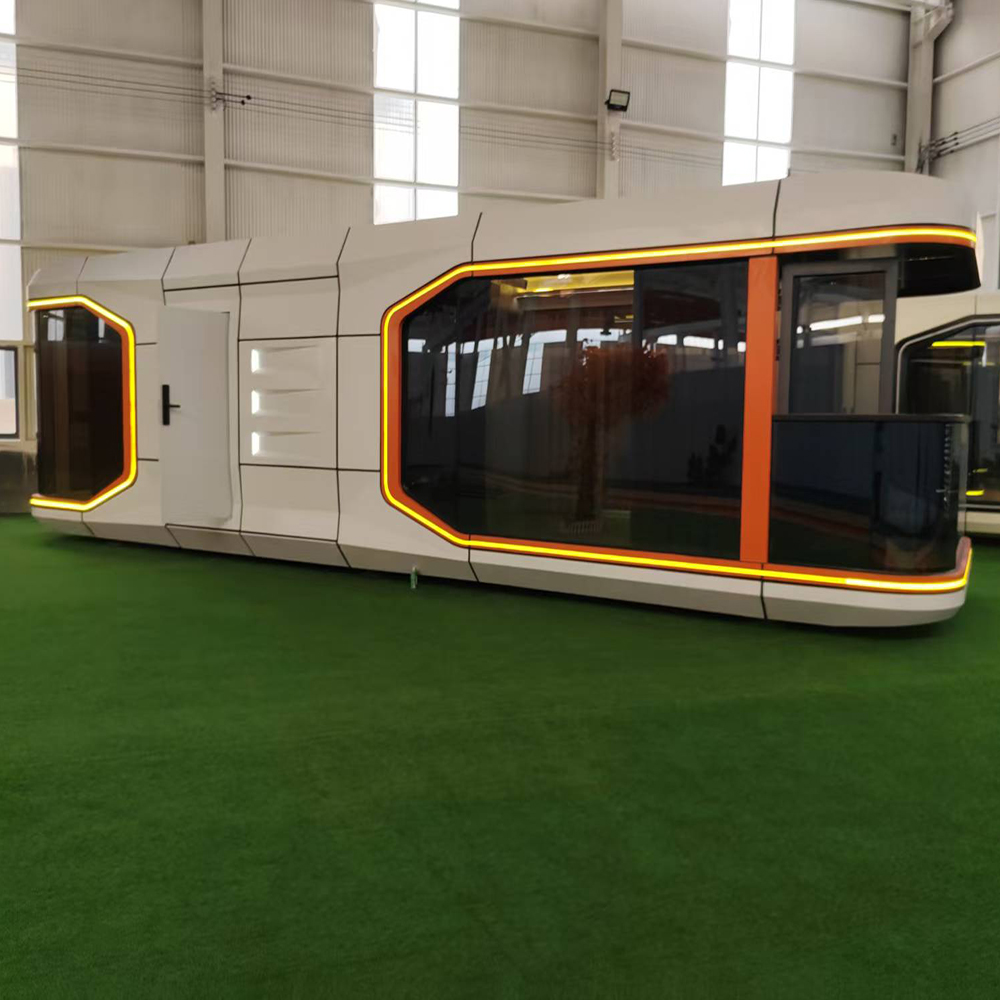 Standard Modern Camping Pod Space Prefabricated Portable Mobile Capsule Room Hotel Bathroom Prefabricated Spaceship House
Standard Modern Camping Pod Space Prefabricated Portable Mobile Capsule Room Hotel Bathroom Prefabricated Spaceship House -
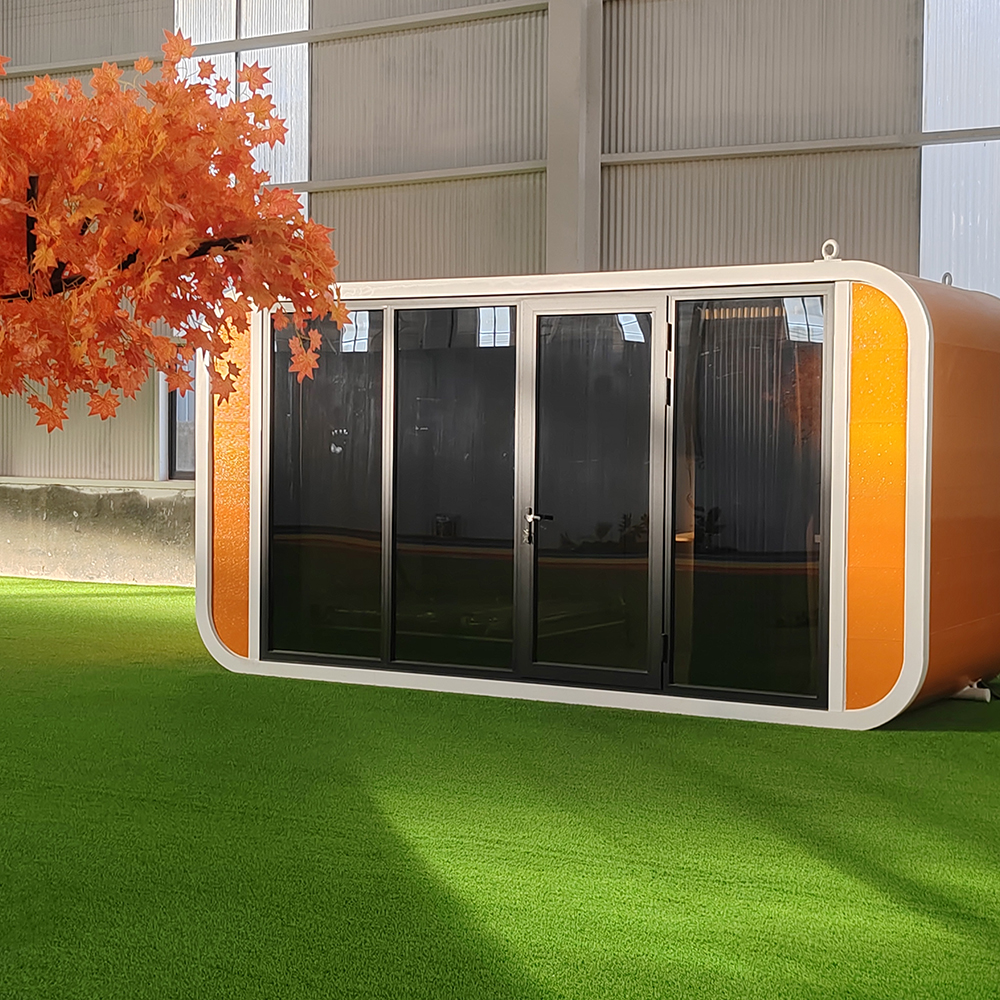 Luxury Prefabricated Living Container House Modular Glass Tiny House Prefab Container Home Apple Cabin
Luxury Prefabricated Living Container House Modular Glass Tiny House Prefab Container Home Apple Cabin -
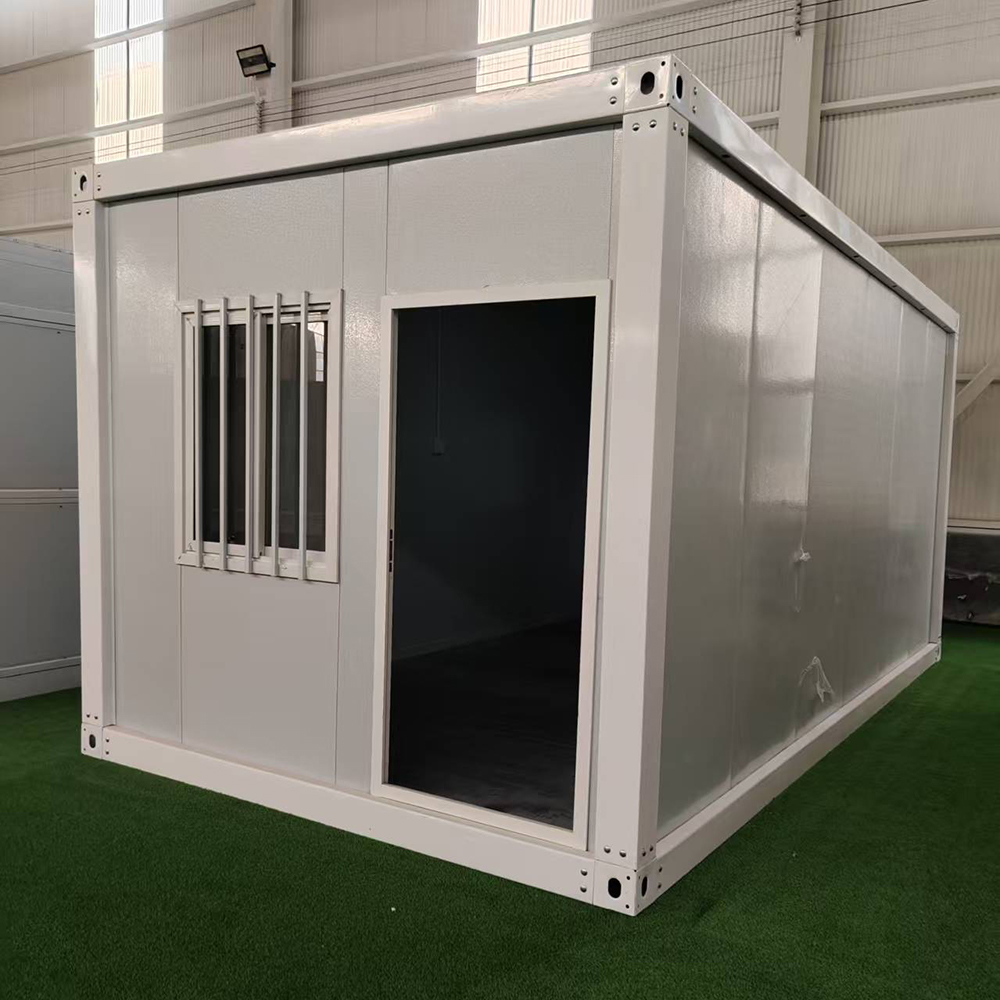 Folding Container Moving House Modular Office Container House Prefab Container for Outdoor Use
Folding Container Moving House Modular Office Container House Prefab Container for Outdoor Use -
 Reasonable Price 1 Bedroom Modular Container House Folding Container Home for Villa or Apartment Use
Reasonable Price 1 Bedroom Modular Container House Folding Container Home for Villa or Apartment Use -
 Movable Prefabricated Container House Villas Modular Portable Homes 1 Bedroom Container House Offices Apartments
Movable Prefabricated Container House Villas Modular Portable Homes 1 Bedroom Container House Offices Apartments
Related search
Related search- container homes fold out
- space capsule house
- China folding house elon musk
- 2 bedroom space capsule house
- Buy alibaba expandable container house
- z type folding container house
- China shipping container fold out homes
- folding container house for sale
- capsule house commercial space
- expandable container house with ensuite










